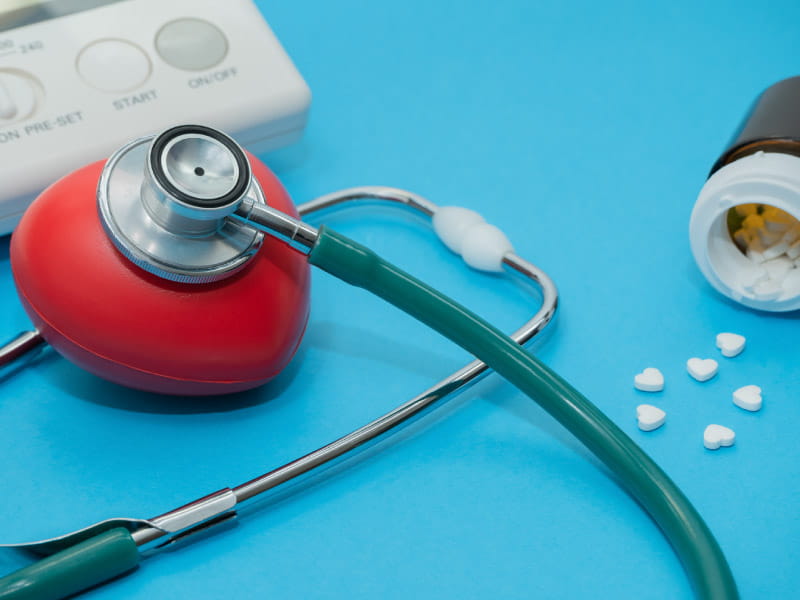Cardiovascular risk factors undertreated in childhood cancer survivors
By American Heart Association News

Despite being at higher risk for cardiovascular disease than the general population, young adults who had childhood cancer are less likely to be adequately treated for risk factors such as diabetes, high blood pressure and abnormal lipid levels, new research shows.
An estimated half million childhood cancer survivors live in the United States. Previous studies show they face up to five times the risk for cardiovascular disease and death than the general population because of their exposure to chemotherapy, radiation or both. Yet they often don't receive timely cardiovascular screenings because of a lack of awareness about future heart health complications related to cancer treatment.
In the new study, published Wednesday in the Journal of the American Heart Association, researchers analyzed data for 571 childhood cancer survivors living in the U.S. who were an average 37 years old and free of heart disease or heart failure. Blood pressure, cholesterol, blood glucose and hemoglobin A1C – a measure of blood glucose that reflects levels over the past three months – were taken an average of 28 years after cancer diagnosis and compared with those readings for 345 matched adults with no history of cancer.
Researchers found childhood cancer survivors were more likely than their peers to have diabetes (6.5% versus 3.2%), abnormal lipid levels (14% versus 4.9%) and high blood pressure (18% versus 11%). Both groups were just as likely to be underdiagnosed, meaning they were unaware of the conditions – 27.1% among cancer survivors and 26.1% among the comparison group. Yet the cancer survivors were nearly twice as likely to receive inadequate treatment for the conditions.
"Raising awareness among primary care professionals as well as improving survivors' ability to self-manage their health may mitigate the increased risks," lead study author Dr. Eric J. Chow said in a news release. He is an associate professor in clinical research and public health sciences at the Fred Hutchinson Cancer Center in Seattle. "There are specialized heart disease risk calculators designed for cancer survivors, and those may be more accurate in predicting future cardiovascular disease risk than risk calculators designed for the general population."
Among cancer survivors, high blood pressure and abnormal lipids were the most underdiagnosed and undertreated cardiovascular risk factors. Men and people with an unhealthy body mass index had higher odds of underdiagnosis and undertreatment. Yet survivors who reported a stronger belief in their ability to manage their own health had 50% lower odds of undertreatment.
"That perhaps is not surprising, yet it suggests that efforts to help survivors learn how to take greater ownership of their health conditions may help to improve longer-term outcomes," Chow said. "This has been shown in patients with other chronic health conditions outside of cancer as well."
If you have questions or comments about this American Heart Association News story, please email [email protected].





